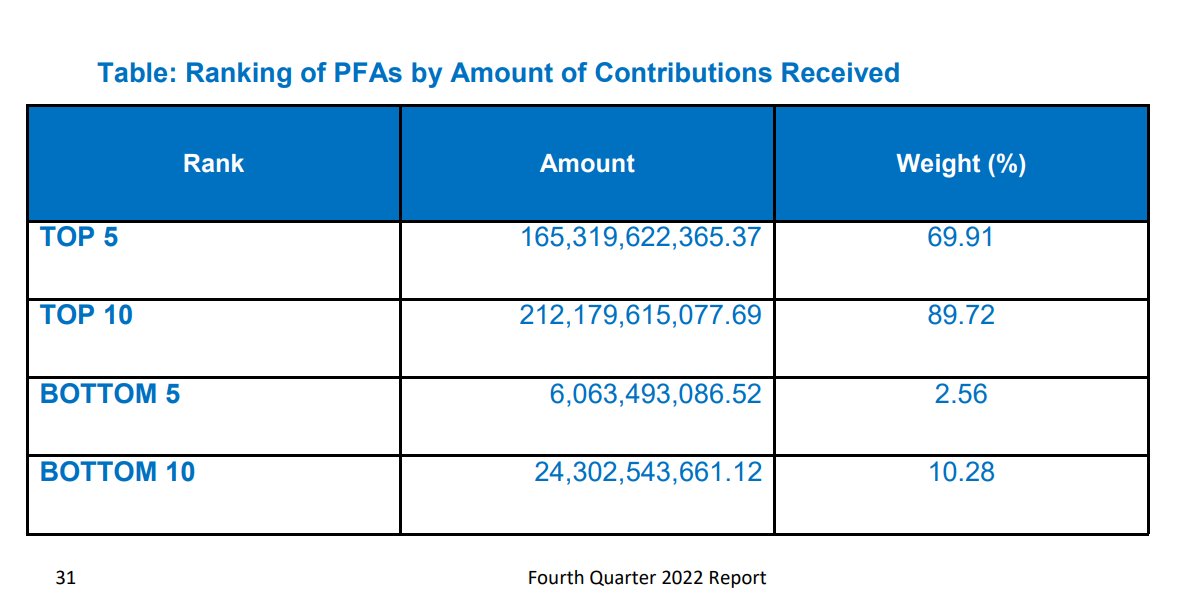In Genesis 41:1, the pharaoh had two strange dreams, he knew they were important, but no one could explain the meaning of the dreams, not even his highly-paid advisers. Finally, the Pharoah was advised about your man in jail who could help.
A man in jail?
#churchofmoney
A man in jail?
#churchofmoney

In Gen 41:25, Joseph was able to interpret the dream of the Pharoah, and through that integration and recommendations to the pharaoh he became the Prime Minister of Egypt....from Jail 

The Bible does not tell us the name of the Pharoah whilst Joseph was there, but historians say Joseph was bought to Egypt during the reign of the Hyksos, this week I want to talk about that Pharoah, and what lessons we can learn from his actions and relations with Joseph.
When seeking a solution, be open to advise.
1. Pharoah was the CEO of Egypt but was smart enough to understand he needed advisers. He knew his limits. Reminds me of how Bill Gates brought Steve Ballmer to sell at Microsoft. Bill was a geek; he knew his limits.
1. Pharoah was the CEO of Egypt but was smart enough to understand he needed advisers. He knew his limits. Reminds me of how Bill Gates brought Steve Ballmer to sell at Microsoft. Bill was a geek; he knew his limits.

2. Pharoah acted on a referral, not titles or certification. When Pharoah heard about Joseph's skills, he summoned him “quickly”. Word of mouth is the most powerful marketing action. What people say about your business when you are not present matters.
Image credit: Nielsen
Image credit: Nielsen

3. Joseph gave Pharaoh a plan of action, but Pharoah understood that “personnel is policy”, meaning every policy is as good as the personnel implementing it.
Pharoah chooses Joseph to implement. This was a bold call; Joseph remember had no management experience, just a referral
Pharoah chooses Joseph to implement. This was a bold call; Joseph remember had no management experience, just a referral
4. Pharaoh delegated responsibility with authority; he gave Joseph his (pharaoh) signet ring Gen 41:42. Signet rings are used to sign documents; in effect, the pharaoh gave Joseph the powers to sign documents in his name, tax, spend, and save etc. 

5. Pharoah gave Joseph stock options. Pharoah gave Joseph a Jew, an Egyptian to marry Gen 41:38. This ensured Joseph would have children born in Egypt during the famine and thus would be motivated to make his plan work. A salary is not the only motivator for employees. 

In summary, the Pharaoh immediately spotted Joseph as a star employee; he hired and delegated official duties to him on the spot. There was nothing Joseph asked of the Pharaoh he did not get. In backing Joseph, the Pharaoh ended up owning all the land in Egypt Gen 47:20
Lessons:
i. As a CEO, identify talent, and promote and support them. They will make you rich.
ii. Give employees a stake in the success of the business; salaries are not enough, but "marry" them into the business via stock options if possible.
i. As a CEO, identify talent, and promote and support them. They will make you rich.
ii. Give employees a stake in the success of the business; salaries are not enough, but "marry" them into the business via stock options if possible.
iii. You don’t have to be the owner and CEO; if someone can manage the business better, make him CEO. Aliko Dangote is not the CEO of Dangote Cement,
iv. When you delegate, let it be total; Pharoah told the Egyptians, “Got to Joseph, and do what he tells you” Gen 41:55. Pharoah did not form a new committee or ministry; there was already a plan and a leader, Joseph.
#churchofmoney
#churchofmoney
• • •
Missing some Tweet in this thread? You can try to
force a refresh

 Read on Twitter
Read on Twitter











